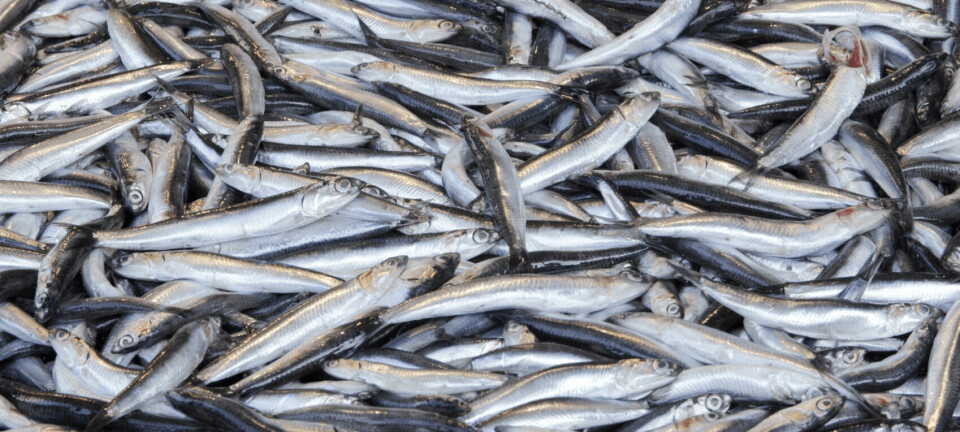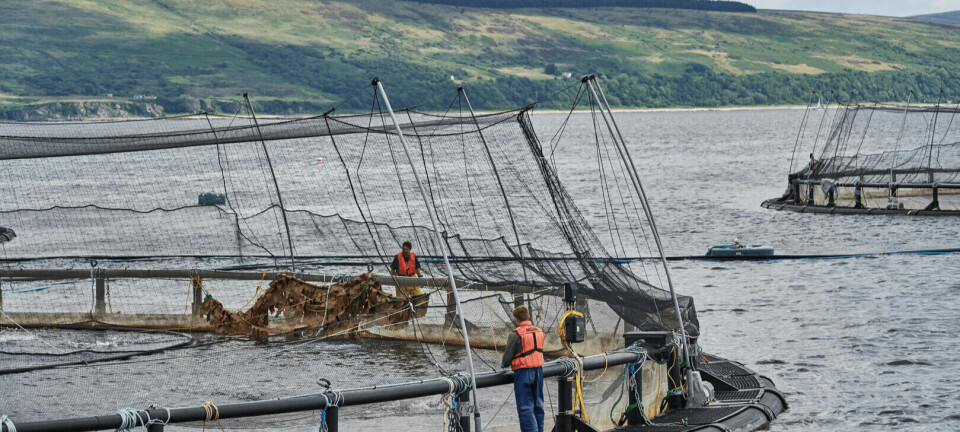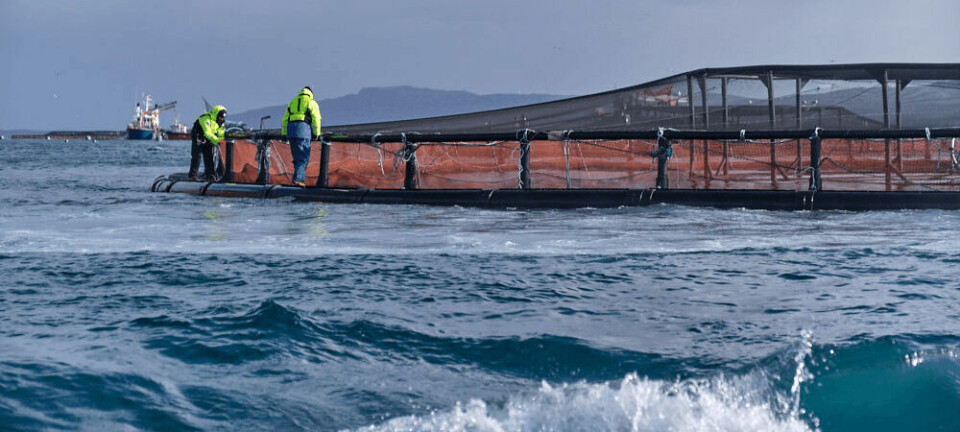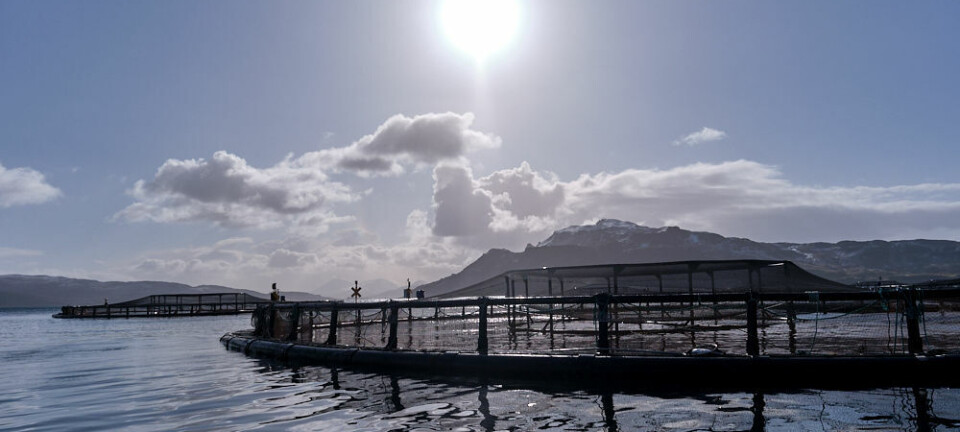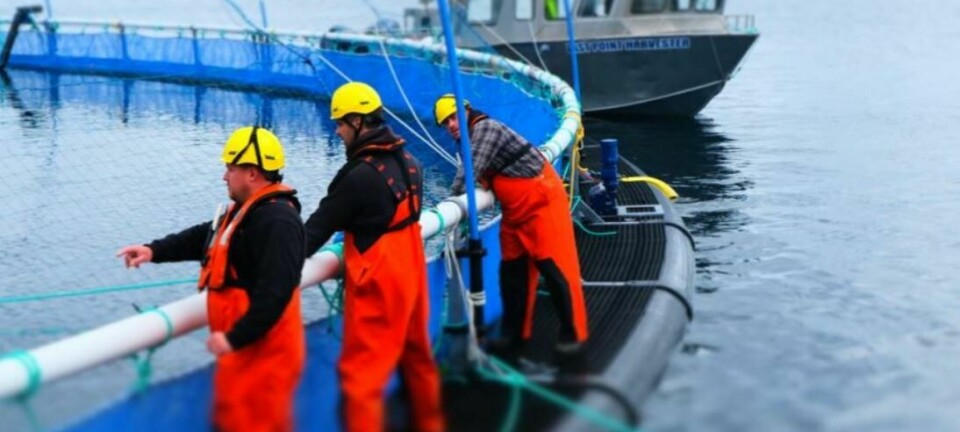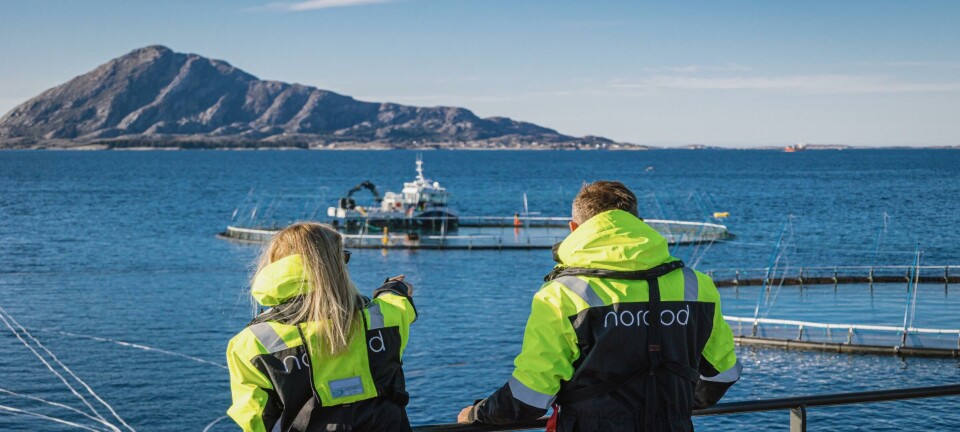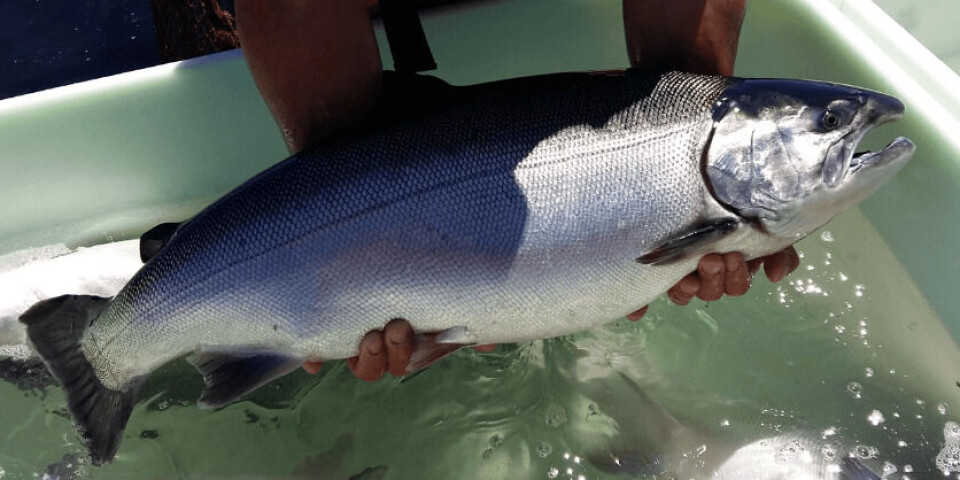
Genomic breakthrough for coho
The first genomic tool for assaying whole-genome variation in coho salmon (Oncorhynchus kisutch) has been developed - providing a crucial breakthrough for genetic improvement of production traits such as growth rate and SRS-resistance.
The new tool, an SNP-chip is based is on whole-genome sequencing of animals from the coho breeding population of AquaGen Chile, established on the basis of superior strains of domesticated coho acquired by the company between 2013 and 2014.
By creating a de novo genome reference for the coho salmon, and utilising the recently published genome references for Atlantic salmon and rainbow trout, researchers were able to define a set of SNPs (genetic markers) that capture the variation within the coho genome in a more precise manner. The SNP-chip will serve as a tool for future studies of the coho salmon, strengthening the ability of the coho to cope with diseases and other challenges presented by aquaculture, while also increasing general knowledge of the species biology.
The SNP-chip came into being through a collaborative research project with Blue Genomics Chile, FAVET-INBIOGEN University of Chile, AquaGen Chile and Affymetrix (“Implementation of a genetic program to produce coho eggs with an improved resistance to SRS”) and was funded in part by FONDEF-IDEA and CORFO.
Dr Matias Medina, General Manager of Blue Genomics Chile, says: “This is a significant step for the Chilean salmon aquaculture. With the development of this SNP-chip, Blue Genomics Chile is demonstrating the importance of the application of cutting-edge research in the development of a more sustainable aquaculture in Chile. Specifically, by using this new tool, AquaGen Chile will now be able to be more precise in the selection of broodstock with certain characteristics. For instance, existing data and new experiments can now be analysed for the identification of less susceptible fish to SRS and a more precise selection will be possible using either gene markers and/or genomic selection. The application of these two potential strategies set AquaGen in the frontier of existing breeding techniques for coho salmon.”
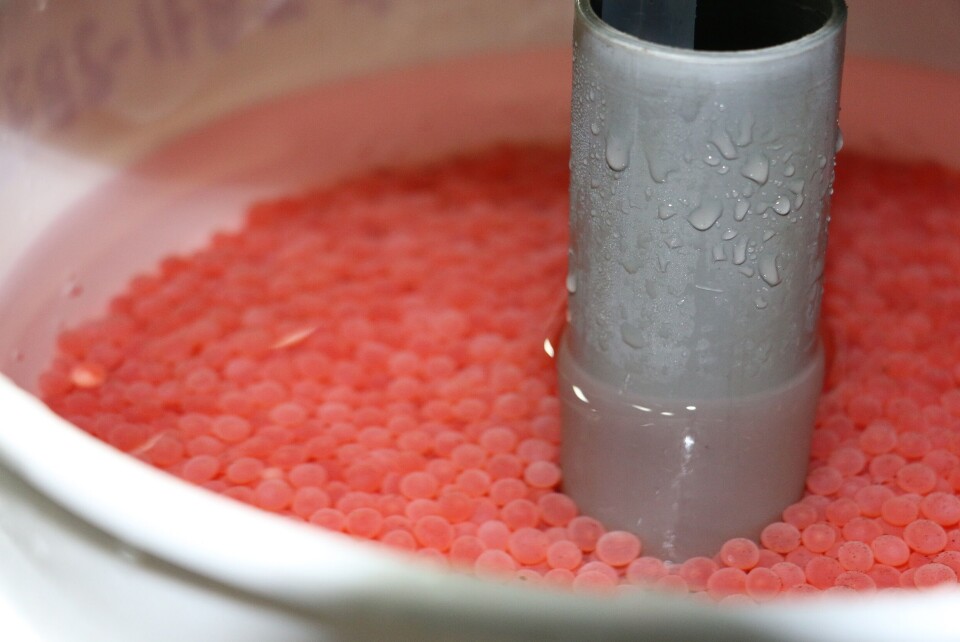
Associate Professor Victor Martinez, Director of FAVET-INBIOGEN, Faculty of Veterinary Sciences, University of Chile, says: “Our collaboration with AquaGen Chile and Blue Genomics Chile during the last years has been of paramount importance in order to understand better how the genome of salmonids works, considering disease resistance and the effects of selection. We can now for the first time use a science based platform for further enhancement of coho production, by increasing our understanding on how the coho genome works and the genes involved in disease resistance.”
Dr Thomas Moen, Research Director in AquaGen Norway, says: “We made good use of our earlier experiences from Atlantic salmon and rainbow trout when we made this SNP-chip. Also, the published reference genome sequence for Atlantic salmon and rainbow trout were crucial resources in the process – without those reference genomes we would not have succeeded. SNP-chips have led to entirely new possibilities in selective breeding and also to ground-breaking insights into salmonid biology.”









